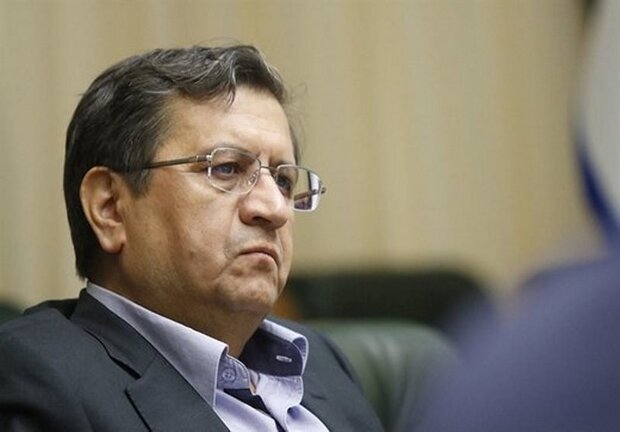Abdolnaser Hemmati, the head of the Central Bank of Iran, said in an interview with Bloomberg that the actions of banks in South Korea were preventing Iran from using the money to buy foods and medicines, trade that’s exempt from US sanctions.
“It is appalling to see that Korean banks have conveniently neglected their obligations, common international financial agreements, and decided to play politics and follow illegal and unilateral US sanctions,” Hemmati said in a written response to questions. Iran could launch legal action to gain access to the funds, he said, without naming the lenders in question.
Hemmati also didn’t elaborate on the course of action that Iran may take. After sanctions were lifted under the 2015 nuclear deal, Iran the following year managed to unlock over $6.4 billion of oil payments trapped in Indian accounts, using European banks as a clearing agent. The central bank has also filed lawsuits in Europe against financial companies that have withheld its money on the basis of court orders issued in the US.
He said the two countries have been working on a special trade vehicle, similar to that established with the European Union, which would allow Iran to complete humanitarian transactions using the money locked in Korean banks.
The US, which abandoned the 2015 nuclear deal two years ago, has sought to “stonewall” the plan, according to Hemmati.
“Should Korean banks not adhere to their international agreements with us, we reserve our rights to take legal actions under international laws,” Hemmati said.
Iran has criticized South Korea for following the US’ interventions, which have undermined Tehran-Seoul mutual relations.
Iranian Foreign Ministry Spokesman Abbas Mousavi, in his weekly presser on June 1, referred to a South Korean medical cargo destined to Iran, saying, “We have held two long years of negotiations on this matter, however, the Koreans listen to the Americans, and they have been waiting to receive a green light from the US.”
He noted that while Iran has had seven billion dollars of assets in South Korea, and they were obliged to return it in cash or goods upon Tehran's request, "the Koreans have shown negligence and procrastination" under the pretext of US sanctions.
Mousavi noted this while Tehran has repeatedly reminded the East Asian country that Iran is not under any international bans, and the US’ unilateral sanctions cannot be the basis for the actions of other countries, including South Korea.
The spokesman underlined that Tehran is seeking to repatriate all its assets from South Korea to remind Seoul that is should not let a third state hamper their longstanding, friendly relations.
“We are willing to retake all our assets from South Korea; this is a small but positive step, which comes with procrastination, to remind the Koreans that the long-standing ties between the two countries should not be marred by the interventions of a third country.”
Hemmati made a trip to South Korea in June 2019 to hold talks on financial and monetary issues with Korean officials in banking and economic sectors.
HJ/4946217


























Your Comment